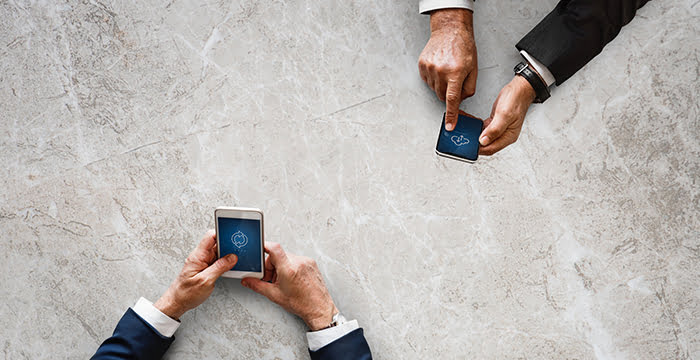As global outfit launches inter-office secondment opportunity

Junior lawyers at Reed Smith will now receive regular, anytime, performance feedback thanks to a new app-based process.
The global outfit has introduced the new mobile app that allows for “continuous detailed feedback” from every lawyer with whom an associate works. The tech-based approach involves agreed-upon goals, options to regularly request and/or provide constructive feedback and the ability to routinely schedule check-in meetings.
Performance feedback apps like this are becoming increasingly popular in other sectors (IBM and Amazon both use them) and sometimes even replace the annual appraisal process. However, Reed Smith isn’t ditching traditional annual reviews just yet. It confirmed its new work-related WhatsApp will “supplement” the international firm’s existing feedback model.
Apps aside, Reed Smith’s young lawyers will now have an opportunity to spend time at one of the firm’s 28 offices as part of a new mini-secondment scheme. The firm — which has outposts in exotic locations including Abu Dhabi, Hong Kong and Miami — said associates can “spend one or two weeks or more” away from home and that it has developed a formal training programme to enhance the whole experience.
Both of these new gizmos form part of the firm’s Associate Life initiative. Casey Ryan, Reed Smith’s global head of legal personnel, said: “The Associate Life initiative engages associates wherever they are and allows them to develop their skills, increase their connections, and strengthen their capabilities as they assume increasingly complex client projects and professional responsibilities.”
The developments come just weeks after Reed Smith’s lawyers were told that time spent being innovative can count towards their billing targets.
The programme, Innovation Hours, allows lawyers to allocate up to 50 billable hours dreaming up new projects or products. Legal Cheek’s Firms Most List shows Reed Smith’s London-based lawyers currently have a target of 1,600 billable hours, roughly in line with other big City players. That means around 3% of lawyers’ time could be spent being innovative.

